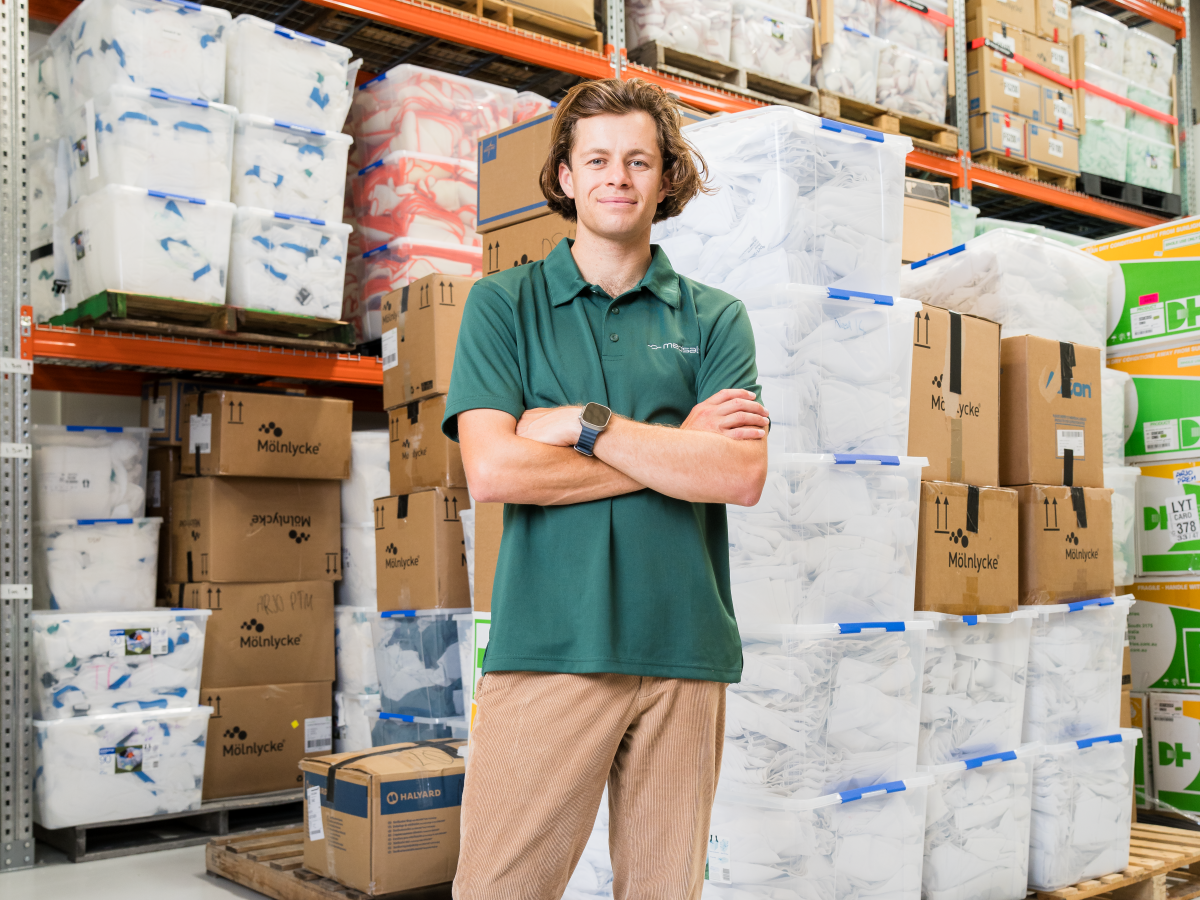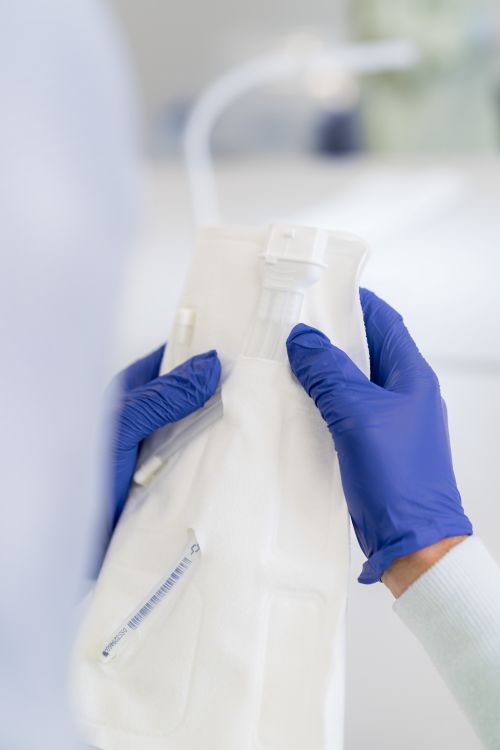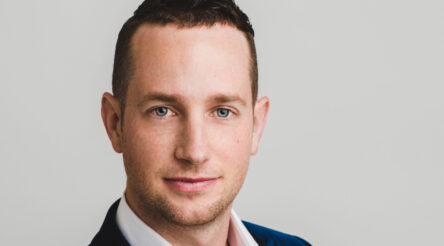Remanufacturer takes the waste out of hospitals

With only a month until we unveil Australia's 50 Most Innovative Manufacturers and the category award winners, we look at Trans-Tasman medical products remanufacturer Medsalv, a finalist for 2025. Brent Balinski speaks to founder and CEO, Oliver Hunt.
In a family with more than its fair share of medical professionals, Oliver Hunt agrees that his engineering career path makes him a bit of a black sheep.
His work sees him involved with a vast number of clinics, though. The company he founded, medical device remanufacturer Medsalv, now counts over 120 hospitals across Australia and New Zealand as customers.
“At one stage I wanted to become a surgeon, but when I went to university I ended up doing a mechanical engineering degree,” he tells @AuManufacturing.
“And after I did that I did a master’s in engineering management.”
His postgrad studies at University of Canterbury drew him to the problem of waste in healthcare, with a surgeon uncle providing inspiration.
“He actually went into the garage of his house and he pulled out a box of expired, unused single-use medical devices, and he said ‘Look. You should find a way to sterilise them. There are some facilities in New Zealand you might be able to find if they can sterilise them and you can sell them… and that could be your project,’” recalls Hunt.
“…[I] ended up going to a completely different product category but with a similar business model. So moving away from taking stuff that was expired… to stuff that was used and thrown away on an ongoing basis.”
Medsalv launched in New Zealand in 2018, and after incorporating here in 2022, launched a factory in Geelong in June last year.
Hunt says they employ 35 across the two countries, with ten in Australia.
“We’ve remanufactured I think close on half a million devices, maybe more, and when you look at the size of them that’s massive,” he adds.
“That’s millions of dollars in savings to hospitals, and we’re now active across over 120 hospitals across New Zealand and Australia, about 50/50 in each. Which is remarkable given that our facility in Australia only started operating less than a year ago.”
Products remanufactured are single-use and non-sterile, including deep vein thrombosis prevention sleeves, hospital transfer mattresses and tourniquets.
Hunt describes the process as relatively simple from a high level: collection of products, sorting and inspection, cleaning, testing, packaging, labelling.

“If it fails any of the tests, no matter whether it’s the first of the fiftieth time it’s been remanufactured, it gets taken to the side and sent to be recycled if possible,” he adds.
Each product gets a unique identifier for traceability purposes as well as an Australian Register of Therapeutic Goods (ARTG) listing (or the NZ equivalent, WAND), with Medsalv becoming the manufacturer of record.
According to its website, the remanufactured products are sold back to hospitals up to 60 per cent cheaper than if they were new.
Hunt says that “as with any innovation or any successful technology,” each individual part of what the company does is pretty simple, but “it’s not just ingredients, it’s the recipe.”
As for what makes a company innovative, the engineer/entrepreneur says it’s based on the team recognising what the organisation is trying to do and what provides value to their customers.
“If everyone throughout the company – from the executive all the way through to people who are actually on floor remanufacturing stuff – understands what makes a difference and what makes a difference to the customer or what makes a difference to the company in such a way that it’s going to pass a lower cost to the customer, then you get people coming up with lots of ideas,” Hunt explains.
“So it’s really about that – understand why you’re doing it, what good looks like, and then build the culture around that so that everyone can contribute to it. That is the most important thing. And then obviously keep your head up, make sure you’re scanning the horizon to see when other opportunities come from outside of the business.”
In this episode of the podcast we hear from Hunt, who tells us about making healthcare more sustainable and more efficient, setting up in Australia, and growing a range of products that can be given a second life and beyond.
Episode guide
1:10 – Introduction to Hunt and his company, which is focussed on single-use medical devices.
2:20 – Origin story.
3:20 – Surgeon uncle suggests a business idea sterilising expired products for sale and use.
4:33 – The importance of customer engagement.
6:01 – The size of the company and its spread across ANZ and its impact so far.
7:20 – How they deal with customers (about 120 hospitals across ANZ.)
7:55 – The types of products “not super-lost, but they’re also not high-high cost either.”
8:50 – More on products (about 50 so far) that the company deals with.
9:50 – More on essential principles on medical devices.
11:05 – Quality Management Systems and how they relate to this work.
11:40 – The processes Medsalv goes through for remanufacture.
14:26 – Seems like a great idea. How hard is it to copy?
15:56 – The foundation to innovating is a shared vision of what creates value for the customer and the company.
17:15 – The impact of job creation is overlooked when it comes to procurement.
Pictures: supplied
Australia’s 50 Most Innovative Manufacturers is an annual campaign by @AuManufacturing. The current version has been made possible through the generous support of Australia Wide Engineering Recruitment, TXM Lean Solutions, the Industry Capability Network, Bonfiglioli Australia, the Advanced Manufacturing Growth Centre and the SmartCrete CRC.

@aumanufacturing Sections
Analysis and Commentary Awards casino reviews Defence Gambling Manufacturing News Online Casino Podcast Technology Videos





